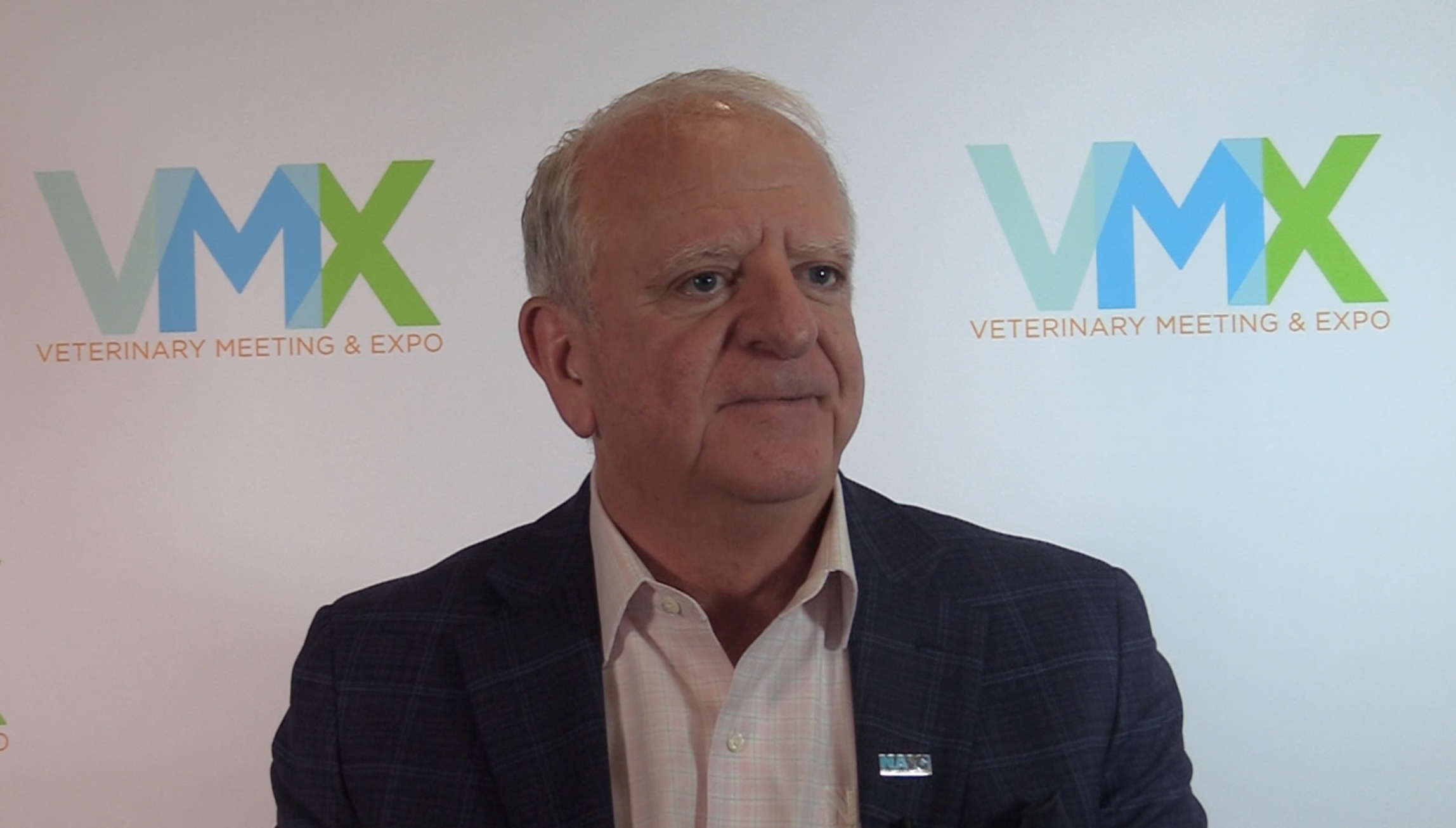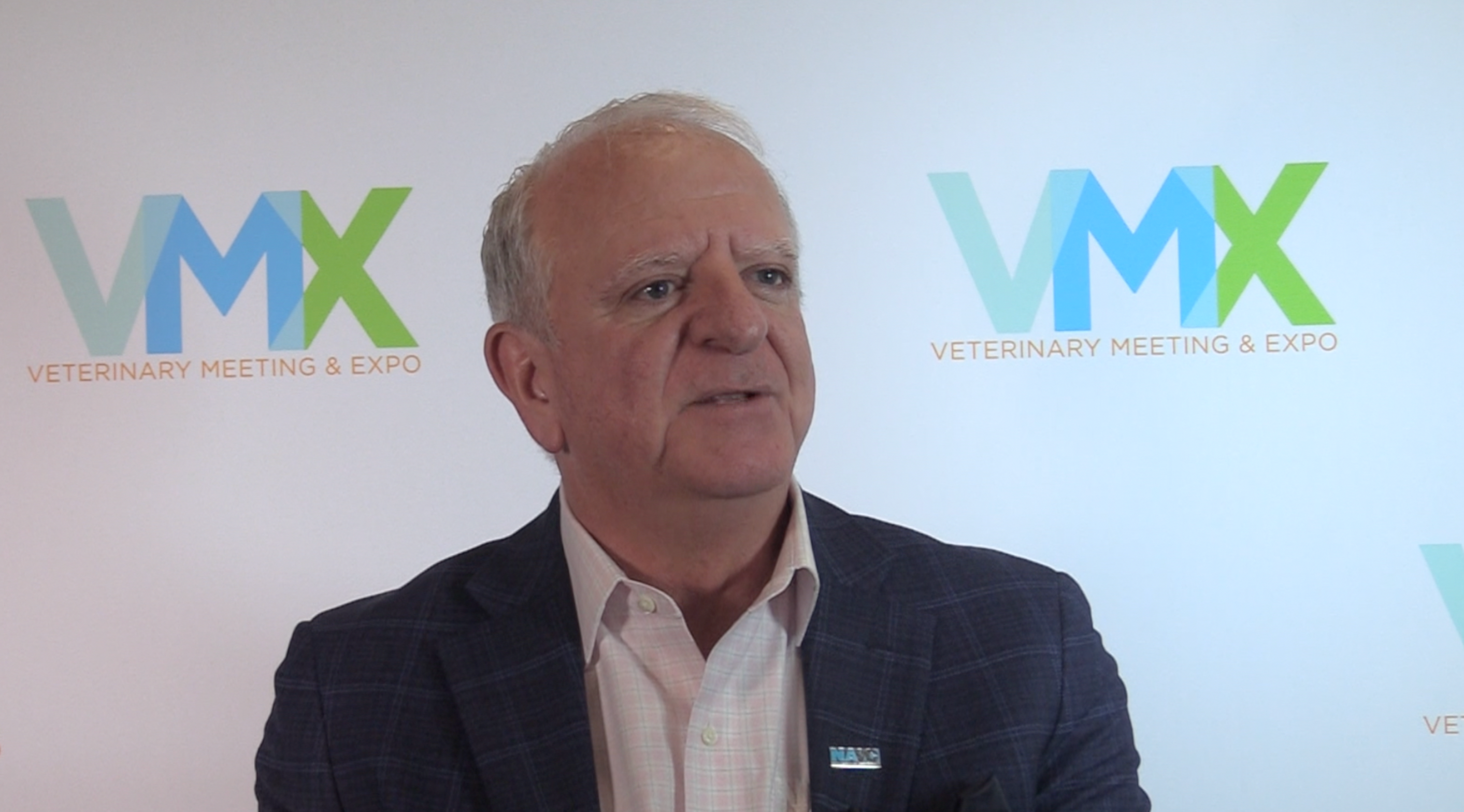AVMA federal agenda backs MUMs bureau
WASHINGTON— as the american veterinary medical association's (AVMA) governmental relations division (GRD) sets up its agenda for the 109th congress, a clear push for an office of minor use and minor species within the food and drug administration (FDA) tops the group's game plan
WASHINGTON- as the american veterinary medical association's (AVMA) governmental relations division (GRD) sets up its agenda for the 109th congress, a clear push for an office of minor use and minor species within the food and drug administration (FDA) tops the group's game plan
During a November Executive Board meeting, officers approved the "active pursuit" of appropriations to establish an Office of Minor Use and Minor Species within the government agency.
Although the Minor Use and Minor Species Act of 2004 passed last year, money isn't automatically allocated to fuel its execution, Director Dr. Michael Chaddock says.
"For us, 'active pursuit' means we put forward resources, money, lobby, doing whatever it takes to keep things moving on an issue," he says. "Getting a bill passed is the easy part; all it does is authorize Congress to appropriate funds. Just because Congress says it will do something doesn't mean there's money to do it."
Bottom-line budget
How much money Congress has available won't be revealed until Feb. 1, when President Bush unveils the budget for fiscal year 2006 and gives lawmakers the bottom line on spending. From February until summer, Congress haggles over finances, adding and subtracting appropriations in an unpredictable fashion, Chaddock says.
"What you like to have happen is have the President put in his budget the money for the program you want," he says. "It's a lot easier. If that doesn't happen, the battle gets a little rougher. We have to ask a senator or congressman who's an appropriator to add our request."
Appropriations
Not expecting to receive much backing from the Bush budget for AVMA-supported programs, the group plans to lobby heavily for MUMS and other agenda items. Included in this year's Washington charge, AVMA seeks funding for the animal arm of the National Antimicrobial Resistance Monitoring System; upgrades or rebuilding of laboratory and research facilities on Plum Island; budget increases of up to $100 million for the United States Department of Agriculture's (USDA) Formula Funds for Animal Health; and the National Veterinary Medical Services Act.
Funding for the Food Animal Residue Avoidance Databank also is an AVMA concern, Chaddock says, as the computer-based decision support system provides livestock producers and DVMs with information on avoiding drug, pesticide and environmental contaminant residue problems.
Legislation
AVMA supports the passage of legislation allowing association health plans to be available in all 50 states; the development of legislation that effectively deals with welfare issues related to puppy mills; and the establishment of a USDA Veterinary Biologic Advisory Committee.
Should the American House Slaughter Prevention Act resurface this year, AVMA approves its active defeat if the following four issues for horses are not addressed: costs related to care; welfare; limits on euthanasia; and environmental concerns related to carcass disposal.
AVMA also will pursue an amendment to the Humane Methods of Slaughter Act, designed to update the law to include all species slaughtered for commercial use under federal inspection.










